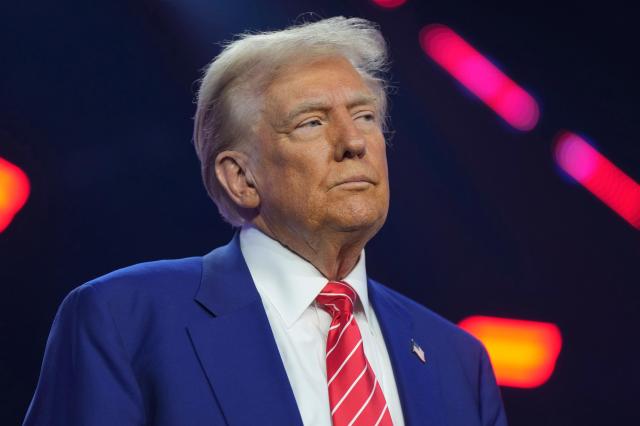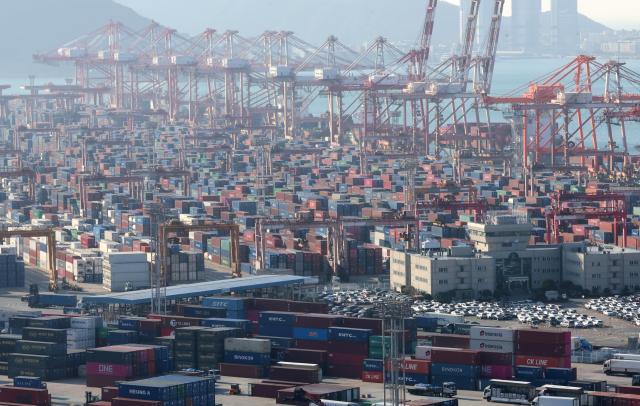
SEOUL, January 07 (AJP) - As the world braces for Trump’s proposed tariff policies, South Korea’s deepening reliance on trade with the United States is raising concerns.
The trend runs counter to a global push to diversify trade relationships, reflecting a divergence that could leave Seoul vulnerable to shifting U.S. policies.
Economic observers predict that global trade dynamics in the coming year will hinge on Trump’s policies.
In a recent column for the Financial Times, Ruchir Sharma, chairman of Rockefeller International, described a new era of “trade without the United States.” Sharma argued that the world is no longer unipolar, revolving around a single leader, even one as powerful as the U.S. president.
Trump has proposed a series of sweeping trade measures, including a 60 percent tariff on Chinese goods and a universal levy of 10 to 20 percent on all imports. Additional tariffs, including a 25 percent duty on goods from Mexico and Canada and an extra 10 percent on Chinese products, have also been floated.
While some analysts view these threats as negotiation tactics, Sharma noted that countries are already moving to forge trade deals that exclude the United States.
One striking example is the European Union’s recent free trade agreement with Mercosur, a bloc of 31 South American nations. After 25 years of negotiations, the two regions agreed in late December to establish a massive single market.
If ratified, the agreement would create a trading bloc of 700 million people, encompassing 25 percent of global gross domestic product, with tariffs reduced by 90 percent among member countries.
Sharma also pointed to a growing movement away from the U.S. dollar in international trade.
For example, 90 percent of trade between Russia and India is now conducted in their respective domestic currencies. India has also signed agreements with 22 countries to settle trade payments in rupees. Meanwhile, oil-producing nations like Saudi Arabia are finalizing contracts allowing crude oil payments in currencies other than the dollar.

South Korea’s economic alignment with the U.S. stands in stark contrast to these global trends. Last year, South Korea set record highs in exports to the U.S. and its trade surplus with the country, reaching $127.8 billion and $55.7 billion, respectively.
Since 2018, when exports to the U.S. totaled $72.7 billion, South Korea has achieved new records every year for seven consecutive years.
This surge has elevated South Korea’s status as a key U.S. trade partner. In 2021, the country ranked as the 14th-largest contributor to the U.S. trade deficit. By the first eight months of last year, it had climbed to eighth place, behind China, Mexico, Vietnam, Germany, Ireland, Taiwan, and Japan.
While the economic gains are significant, economists warn that the reliance on U.S. trade comes with risks. The incoming Trump administration has signaled its intent to prioritize trade balance, potentially increasing pressure on South Korea’s record-breaking surplus.
In response, the South Korean government is reportedly exploring strategies to mitigate potential fallout. One option under consideration is increasing energy imports from the United States, including liquefied natural gas and crude oil, as a way to address trade imbalances without substantial economic burdens.
“What is certain is that Korea is in a precarious position in an increasingly fragmented global trade landscape,” an analyst said. “Economic alignment with Washington offers opportunities but also heightens exposure to shifting U.S. priorities.”
Copyright ⓒ Aju Press All rights reserved.



